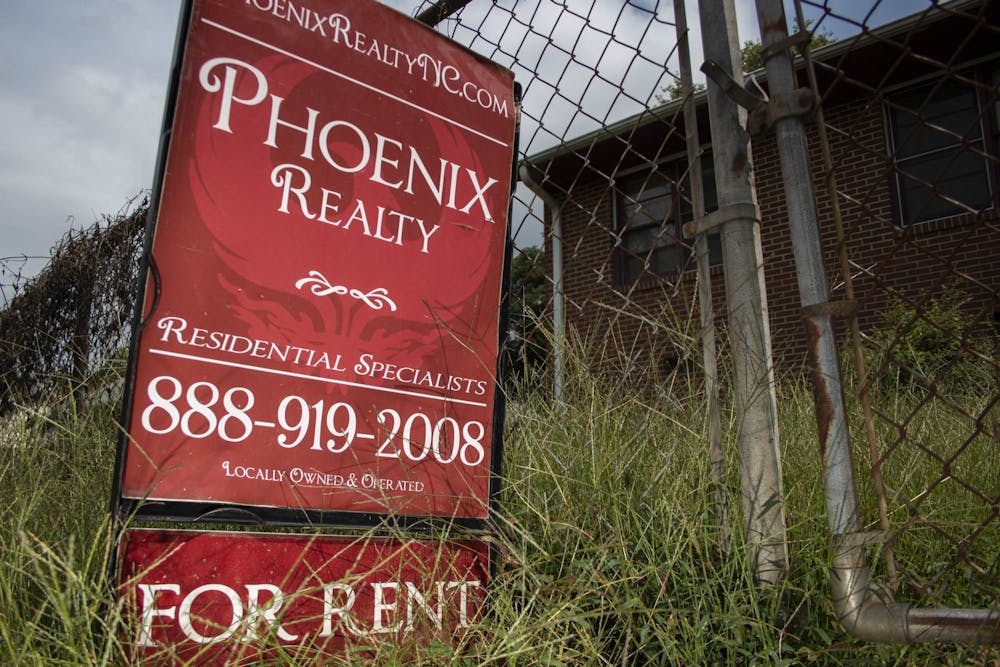In the weeks following UNC’s decision to send students home in early August, Chapel Hill resident Janie Alston got some new neighbors.
Students moved into the house behind hers, she said, adding to the large number of renters surrounding her Lindsay Street home. She and other long-term residents watched as students scrambled to find last-minute housing in downtown Chapel Hill and Carrboro.
The mass exodus from campus housing created an unseasonal spike in interest in student housing, some realtors said, a boon for real estate companies that hadn’t leased all of their properties. But with new neighbors came new anxiety for some long-term residents worried about the potential of increased exposure to COVID-19.
Alston, who is 75 years old, said her student neighbors are largely respectful of community COVID-19 guidelines, but sometimes they walk around without masks or host parties. That makes Alston nervous.
“These kids are coming from I don’t know where and they’re young, so they can be carrying the virus without knowing, and I could get it somehow,” Alston said. “We have three seniors just in this neighborhood.”
Orange County COVID-19 case numbers shot from 1,555 cases on Aug. 10, UNC's first day of class, to 1,876 cases on Aug. 19, the day UNC moved entirely online. By Sept. 1, county case numbers reached 2,448.
Students and residents have long cohabited in downtown Chapel Hill, especially in the historically Black Northside and Pine Knolls neighborhoods. But close living quarters and interaction between students and elderly residents could be detrimental during a pandemic that is particularly harmful to older and Black communities.
A student housing boom
Though real estate companies like Mill House Properties, Dunlap Lilley Properties and Columbia and Carr Property Management and Sales regularly lease properties to students, it’s almost never this late in the year. Most leases are signed in the school year prior to their move-in date, with some students committing to housing as early as October of the year before.



